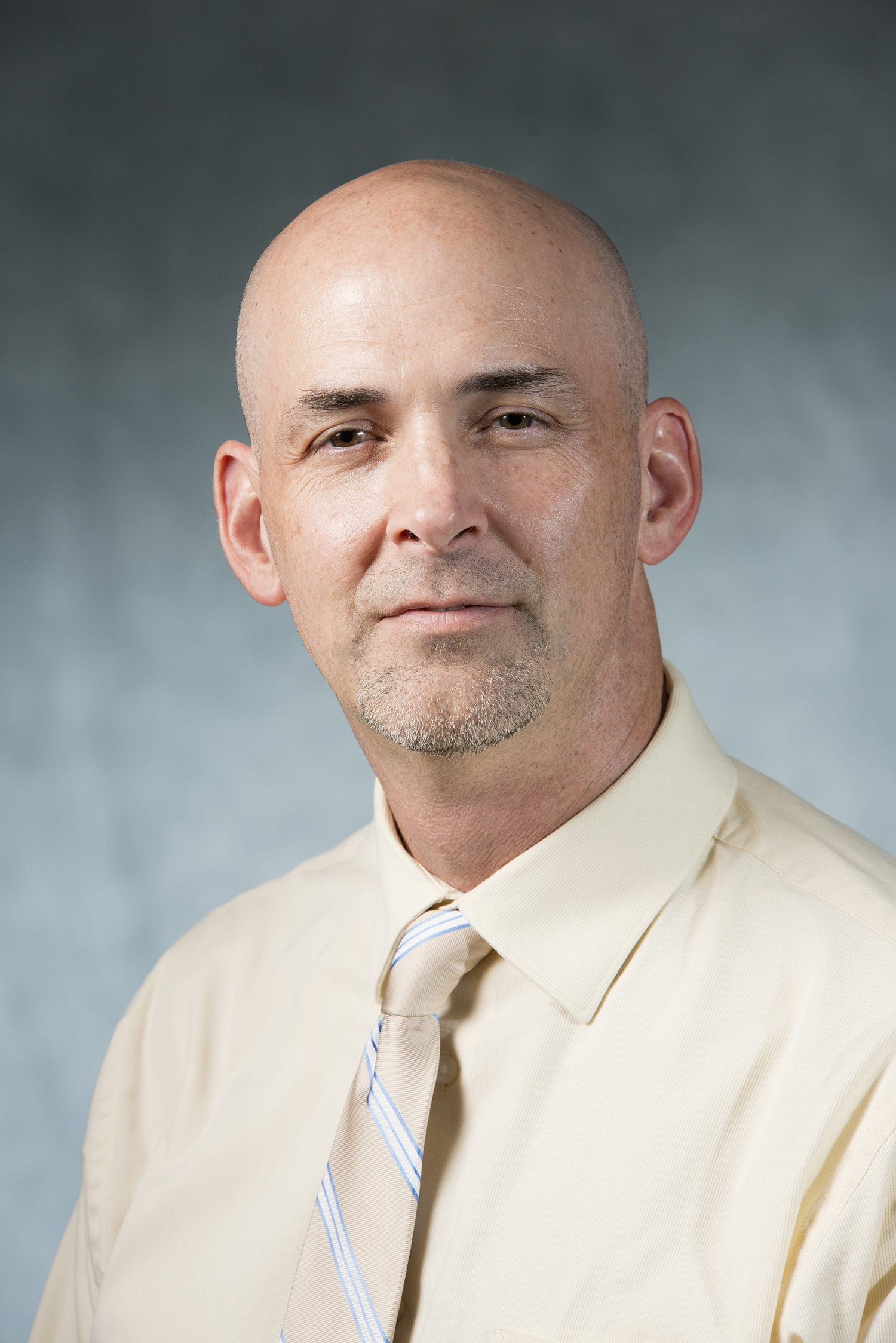
Just as our world and nation face humanitarian, infrastructure and other challenges, our local communities have their own obstacles. As part of their core mission, universities devote considerable time and resources to helping solve problems.
In light of the coronavirus, for instance, they are engaged in everything from the global race to develop a vaccine to the local production of face masks. In the diverse expertise of their faculties, universities are uniquely equipped to help solve a range of problems.
Not actively engaging our students in these pursuits is a lost opportunity.
Most universities participate in improving quality of life in their communities on some level. As their respective communities thrive (or languish), so do they—and vice versa. Engaging in this symbiotic dance exemplifies the American Association of State Colleges and Universities’ call for its members to be “stewards of place.”
Read: Updated: 106 free higher ed resources during coronavirus pandemic
Cultivating students’ humanitarian ideals
In the South Carolina low country, we face multiple challenges. They include sustainability, workforce housing, elder care, transportation, opioid abuse, cultural heritage preservation, rural education, sea-level rise and others.
Our local agencies and businesses value the fresh perspectives our students provide. Their active engagement in problem-solving, alongside a mentoring professoriate, involves multiple best practices.
Our local agencies and businesses value the fresh perspectives our students provide.
Imagine a bright cable running through the middle of campus; the cable is labeled problem-solving. When we involve students, the cable seamlessly pulls along with it skills such as critical thinking, teamwork and communication. These skills are more important than ever in today’s ambiguous job market.
Employers today are calling for workers who are adaptable, creative and entrepreneurial—all problem-solving traits. Moreover, most college graduates will change jobs, and even fields, frequently during their careers. In a high-tech, high-speed economy in which new jobs surface all the time (think data scientists, drone operators and intelligence engineers), universities must cultivate “learnability” in their graduates.
Problem-solving activities cultivate the humanitarian ideals of today’s students. Today’s universities must challenge a generation of students who want to make the world a better place, and equip them with the means to do so.
Addressing regional, state challenges
At University of South Carolina Beaufort, we have adopted the nonprofit Educational Partnerships for Innovation in Communities–Network’s model for tying the needs of communities to the resources of universities. The model helps us to mobilize students’ inquisitiveness, energy and desire to effect change toward problem-solving projects that tie directly to community challenges.
USCB students participate early on in “beloved communities” experiences, course-embedded modules that emphasize understanding regional issues. Students then advance to community-partnered courses that create collaborations between students, faculty and local organizations for specialized projects. USCB offers Graduation with Leadership Distinction in Community Engagement as a degree designation for students completing related coursework and service hours.
As part of the initiative, which we call “Students Connected: Fieldwork for the Future,” professors have trained and mobilized students to address public transportation, dietary health, cultural heritage preservation, needs of the retirement-age population, and other regional challenges.
On other fronts, our scientists engage students regularly in research projects studying water quality and ecological shifts in the coastal waterways that are so critical to our economy and our way of life. Business majors present strategy-consulting reports to select local companies. Through literacy outreach and tutoring, education majors help improve outcomes in local schools.
Multiple internal and system funding sources incentivize faculty to engage students in research addressing regional and state challenges.
There is much work still to do. As our community grows and improves, so do our students.
The needs are great and the call is clear. Engaging students in problem-solving improves our communities. Just as important, it provides experiences that equip students with skills needed to compete and thrive in a rapidly changing job market and world.
Eric Skipper is provost and executive vice chancellor for Academic Affairs at University of South Carolina Beaufort.
UB’s coronavirus page offers complete coverage of the impacts on higher ed.

